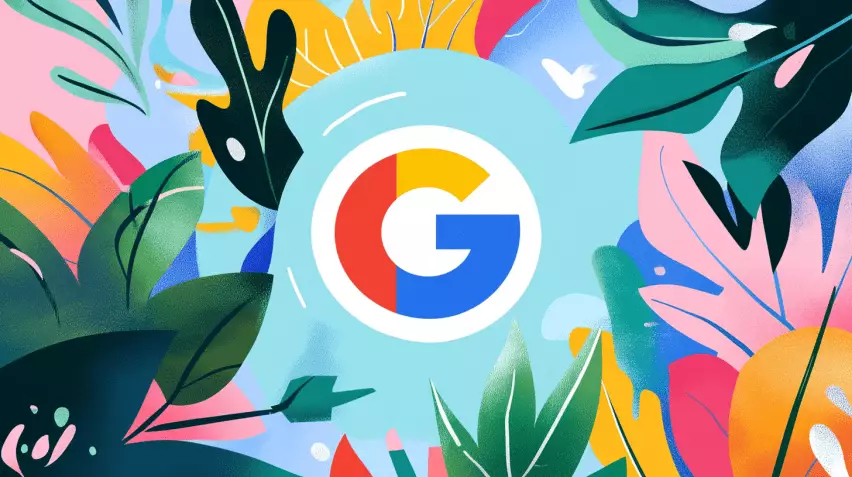Google’s recent update to its Chrome browser, where Gemini AI chatbot is now integrated into the address bar, marks a significant milestone in the democratization of AI technology. This move has the potential to alter how millions of users interact with the internet, gradually replacing traditional search queries with generative AI responses. By enabling users to access Gemini by simply typing “@gemini” followed by their query in the address bar, Google has seamlessly integrated AI assistance into the browsing experience for Chrome users worldwide.
Google’s Commitment to AI Innovation
With the introduction of Gemini 1.5 Flash, a lightweight version of Google’s advanced language model family, users now have access to cutting-edge AI capabilities directly from their browser. This integration highlights Google’s dedication to making AI an integral part of its core products. While Gemini in Chrome offers significant enhancements over its predecessors, such as improved history browsing capabilities and enhanced Google Lens integration, it lacks contextual awareness of users’ browsing activities, limiting its ability to provide personalized assistance based on specific web pages.
Implications for Users and Businesses
The widespread availability of AI technology through Chrome, which boasts over 60% of the global browser market share, could lead to a surge in AI accessibility for millions of users worldwide. This increased accessibility may accelerate the adoption of AI tools in everyday tasks, potentially enhancing productivity and information access for the average internet user. However, as AI becomes deeply integrated into primary browsing tools like Chrome, concerns about data privacy, user profiling, and the impact of AI on information consumption patterns are likely to rise.
The Changing Landscape of Digital Marketing and SEO
Google’s integration of advanced AI capabilities into Chrome could have profound implications for the digital marketing and SEO industries. As users become accustomed to AI-assisted browsing, their search and information consumption behaviors may evolve, prompting businesses to rethink how they optimize their online presence and engage with customers. Furthermore, companies may need to reassess their technology stacks and strategize on how to leverage or compete with AI-enhanced platforms in the market.
In the broader context of the AI arms race among tech giants, Google’s move to integrate Gemini AI chatbot into Chrome can be viewed as a strategic play to solidify its position as a leader in web browsing and AI technology. By making Gemini easily accessible to its vast Chrome user base, Google not only expands its AI footprint but also gathers valuable user interaction data for future AI advancements. This strategic move underscores Google’s vision to lead the transformation of human-computer interaction in the digital age.
As we embark on this new era of AI-integrated browsing, the distinction between traditional web navigation and AI-assisted information retrieval is becoming increasingly blurred. Google’s initiative to embed advanced AI capabilities into Chrome heralds a fundamental shift in how we access and process information online. This transformative process requires users, businesses, and policymakers to carefully navigate the opportunities and challenges presented by this new AI-powered internet landscape.
Google’s integration of Gemini AI chatbot into Chrome represents a game-changer in the evolution of AI technology and its impact on the browsing experience. As we embrace this new frontier of AI-integrated browsing, it is crucial to recognize the possibilities and implications of this transformative shift in human-computer interaction. Google is leading the charge in redefining how we engage with information online, paving the way for a future where AI plays a central role in shaping our digital experiences.


Leave a Reply